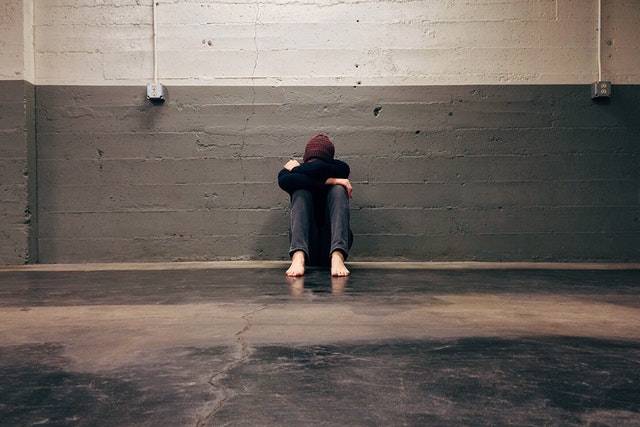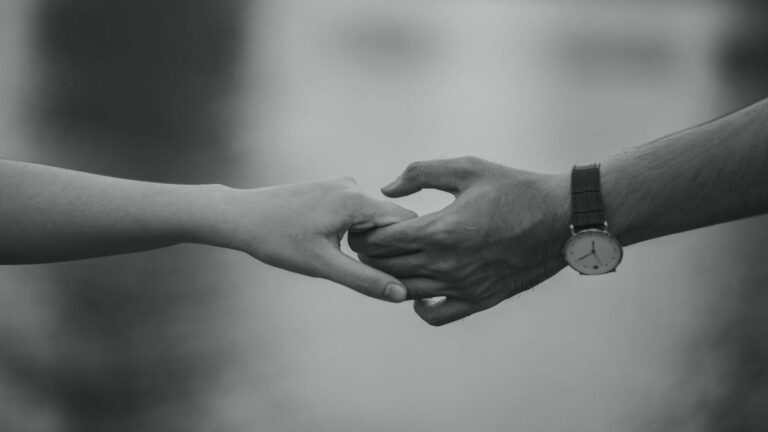Sometimes it seems that blame is all around us. When something negative occurs, often people immediately seek to find who is “at fault.” In a depressive state of mind, clients sometimes blame themselves for feeling the way that they do.
Blame game leading to stress
When excessive blaming continues without notice, it becomes more of a reflexive type of response (but without necessary reflection). This type of thinking can contribute in various different ways to depression.
Is it avoidable?
Is it possible to avoid blame altogether? Not so much. It’s pretty difficult to escape it.
The important question is…what blame is relevant? What is not? How can you cope with blame when it is needless or excessive in your life?
Why do people blame others?
Some blame may be genuine of course, but there are situations when people blame others for the wrongs they’ve done themselves. It’s like dumping their dirt on others’ heads. Here’s why they do it.
Ego-feeding blame
There are people who blame others to make them look bad. Why? because they want themselves to look better than them, and if they’re bad then they start perceiving and projecting themselves as better.
Status in society is created and attained, by comparison, consciously or unconsciously we keep comparing people. And for this very reason, everyone is striving to climb and those who aren’t very good at it are at pulling others down.
Finding the causation of an act that went wrong
Blaming is a go for defense mechanism for most people. Nobody wants to look bad, not even in their own eyes. One of the ways people defend their self-esteem is by playing the blame game and trying to justify their own actions.
Defensive blaming
One of the things we want off our shoulders is blame. We hate to be blamed, especially for the things which unintentionally go wrong, a lot of things do.
One way to get eyes off yourself is to replace the target, they find someone else to lay the blame on.
Attacking blame
Some grow hatred towards some over time as we live together. If anyone who’s full of hatred for somebody, then no chance to impose the blame will be missed.
The self-serving bias
If you find someone who loves to assemble the credit for the positive events and blame external factors for the negative ones then that’s a typical self-serving bias. These are the ones that have an excuse for every blunder. And behold, you could be one of the external factors to be blamed if you’re around someone like this.
Blaming is easy
Well, as simple as that, taking responsibility needs courage. The easiest way out when speaking about the reasons behind any failure is to blame.
Accountability by definition is a vulnerable process. It means me calling you and saying my feelings were hurt by this, and talking…. People who blame a lot seldom have the tenacity and grit to hold people accountable…. and it’s one of the reasons we miss our opportunity for empathy”
Brene Brown
The self-blame

Blame can seamlessly blend with depressive thinking. Unfortunately, when depressed, many clients blame themselves, others, or circumstances for their depression. It’s important to remember that nothing worthwhile generally comes out of this blame game.
By refusing to blame yourself for your depression, you are acting in a kind way towards yourself and in a better position to combat depression.
Self-blame can go to extremes…such as blaming yourself for acting helpless against your depression, declaring yourself unworthy of love, or having a positive future. When self-blame becomes such a strong part of your thought processes, it is easier to view yourself in a negative way.
How to cope with the Blame Game?
Perspective is a very important part of reducing blame. When too much blame affects my clients’ sense of emotional well-being, I often work to help them develop a more realistic, balanced viewpoint. It’s important to try to think clearly – as a realistic perspective can counter blame excesses.
Perspective more specifically means to step back and weigh what is going on in your life according to its relevance. A fact-based view of things is good protection against negative thinking and blame. A broader perspective can be a breath of fresh air and a relief to clients.
This broader perspective can mean accepting that others around you (friends, family, co-workers) can hold views that you don’t like or disagree with. It can involve stretching yourself to put up with irritable situations without blame while working to rectify and correct problems as they develop.










